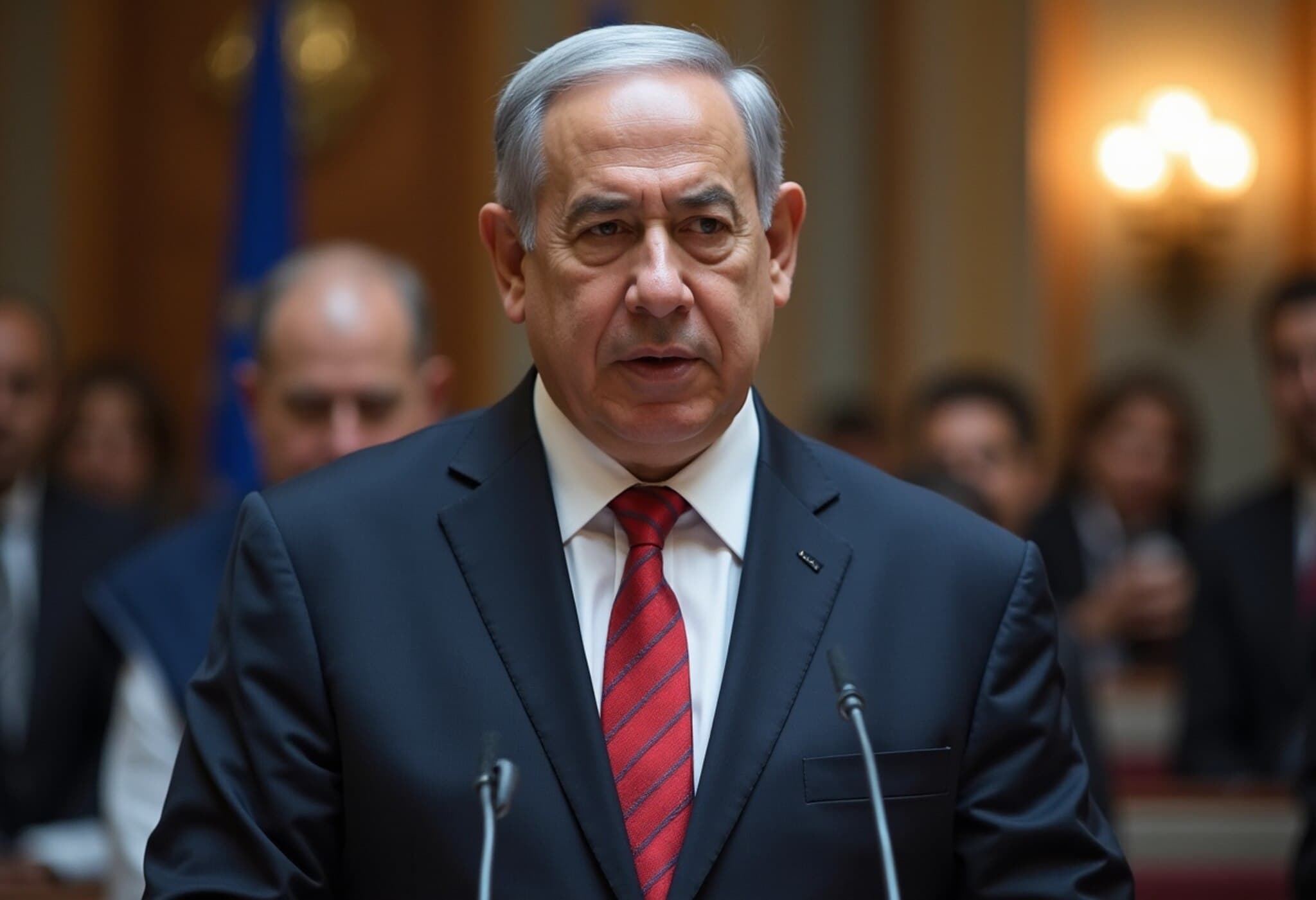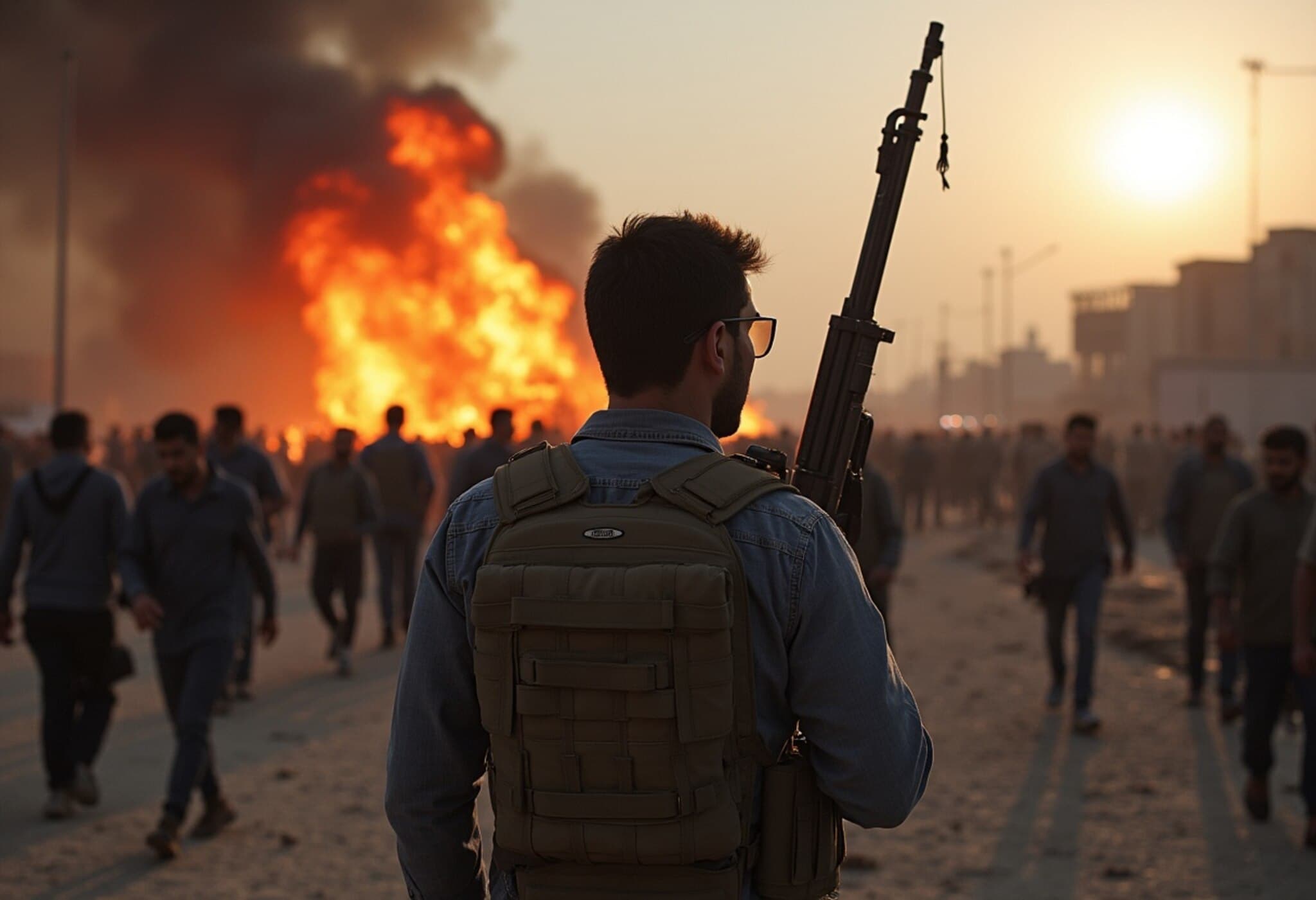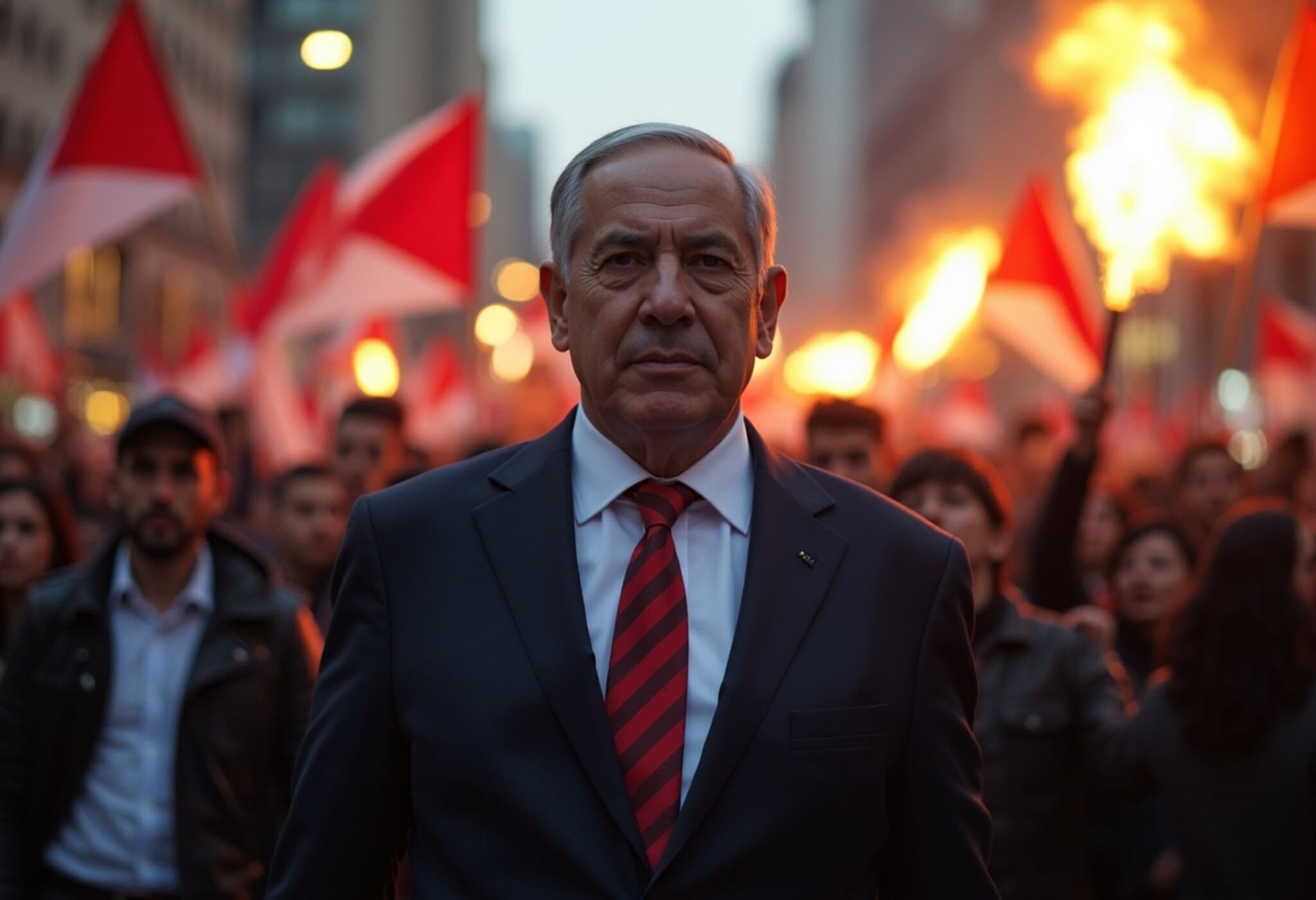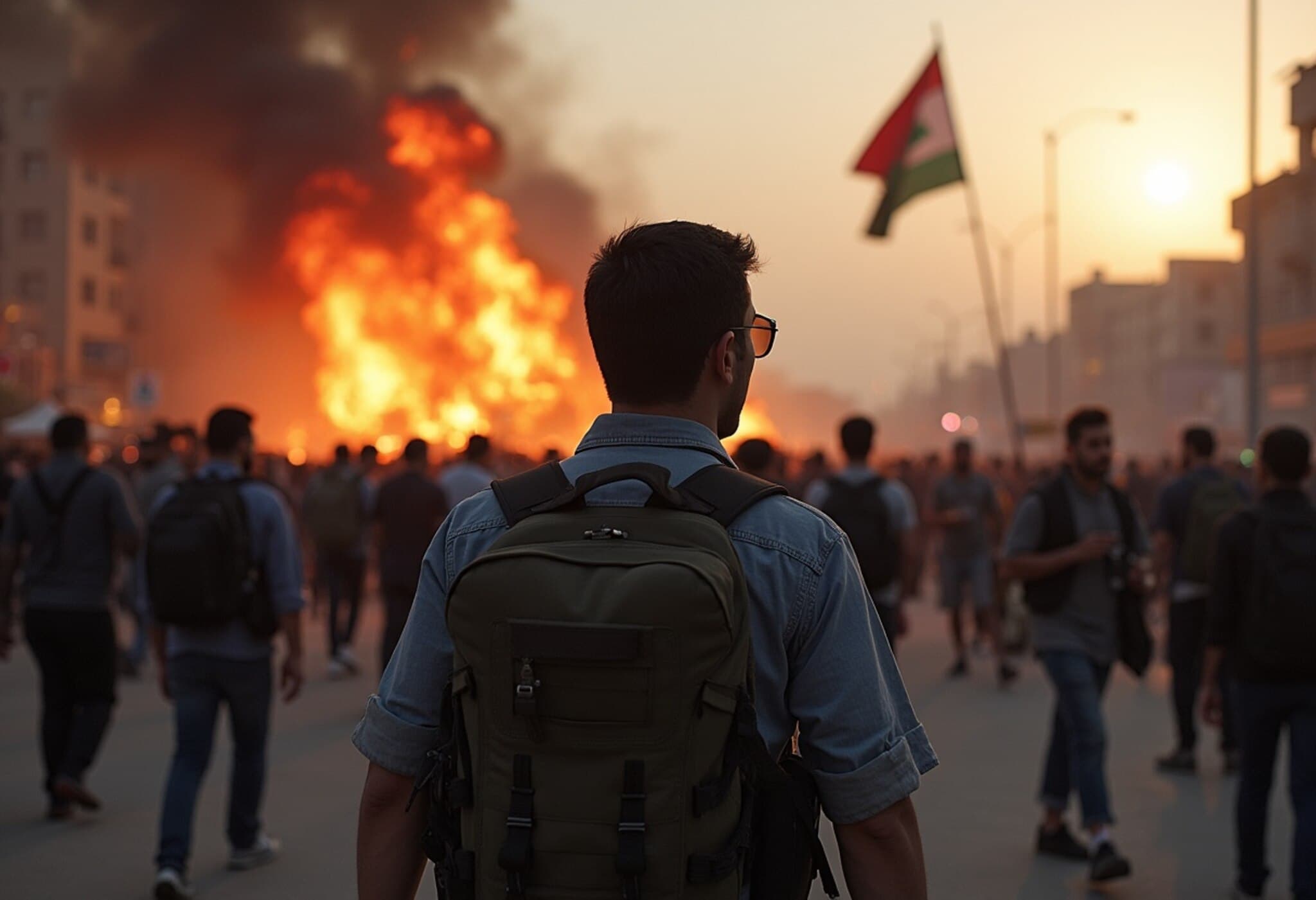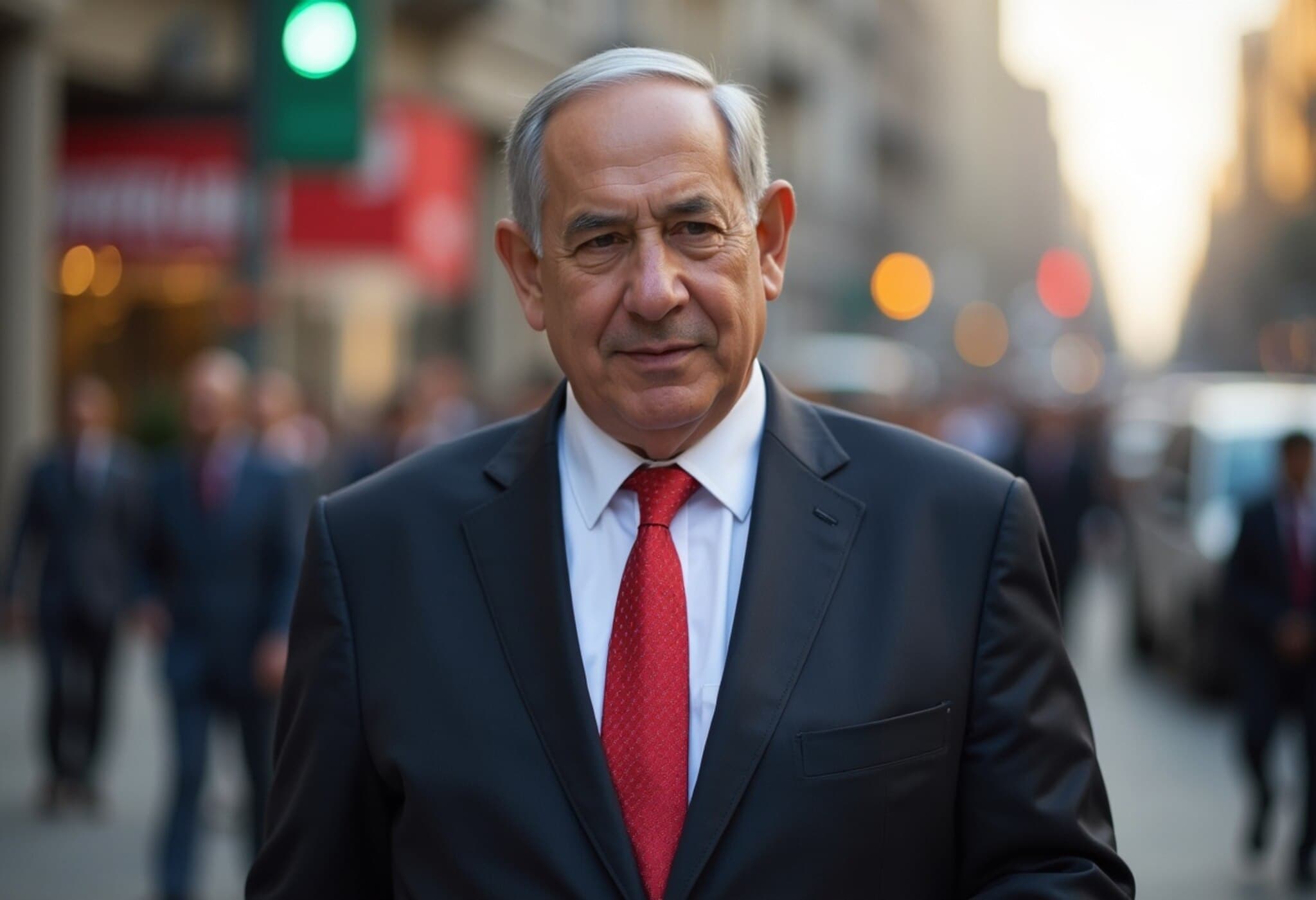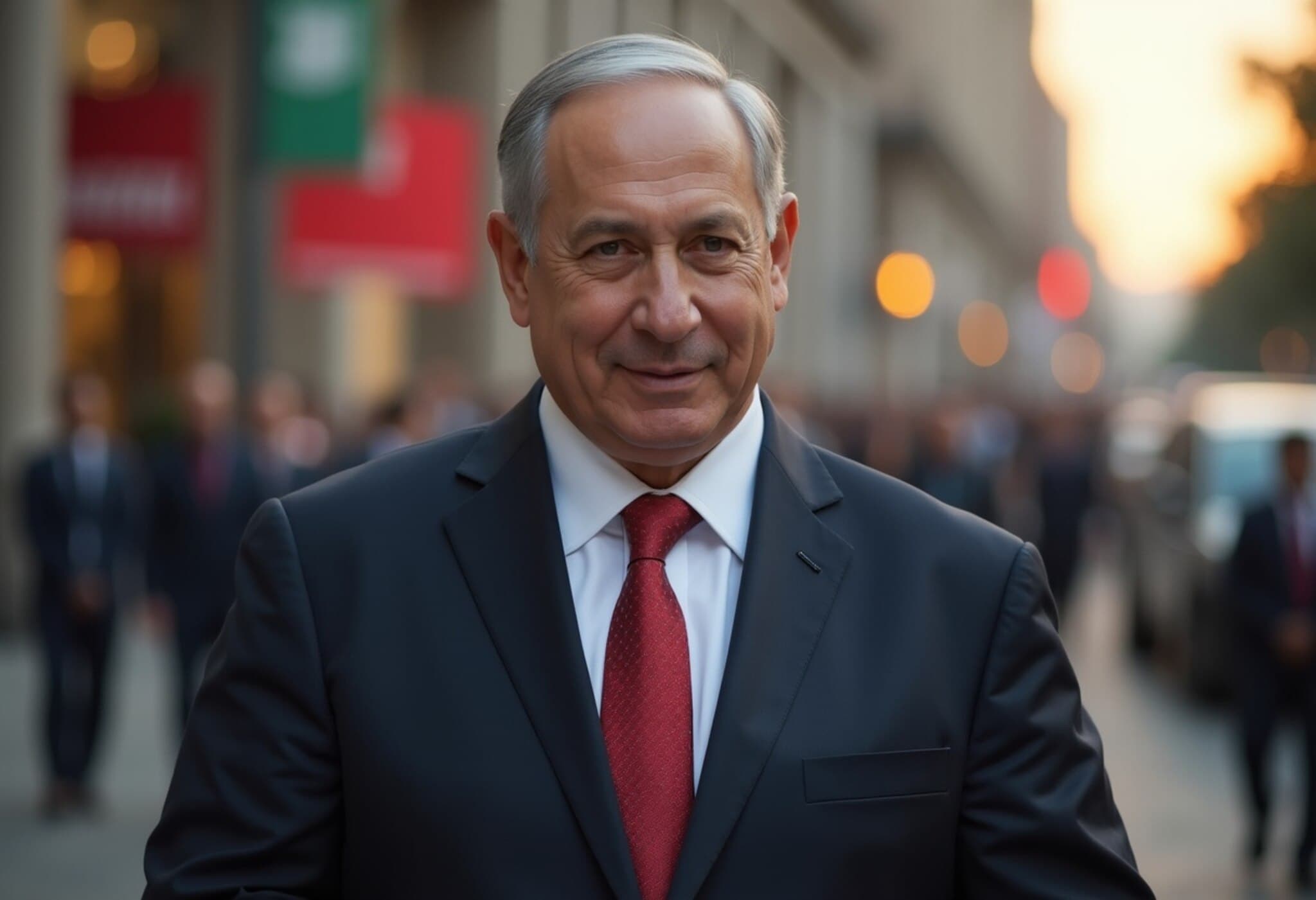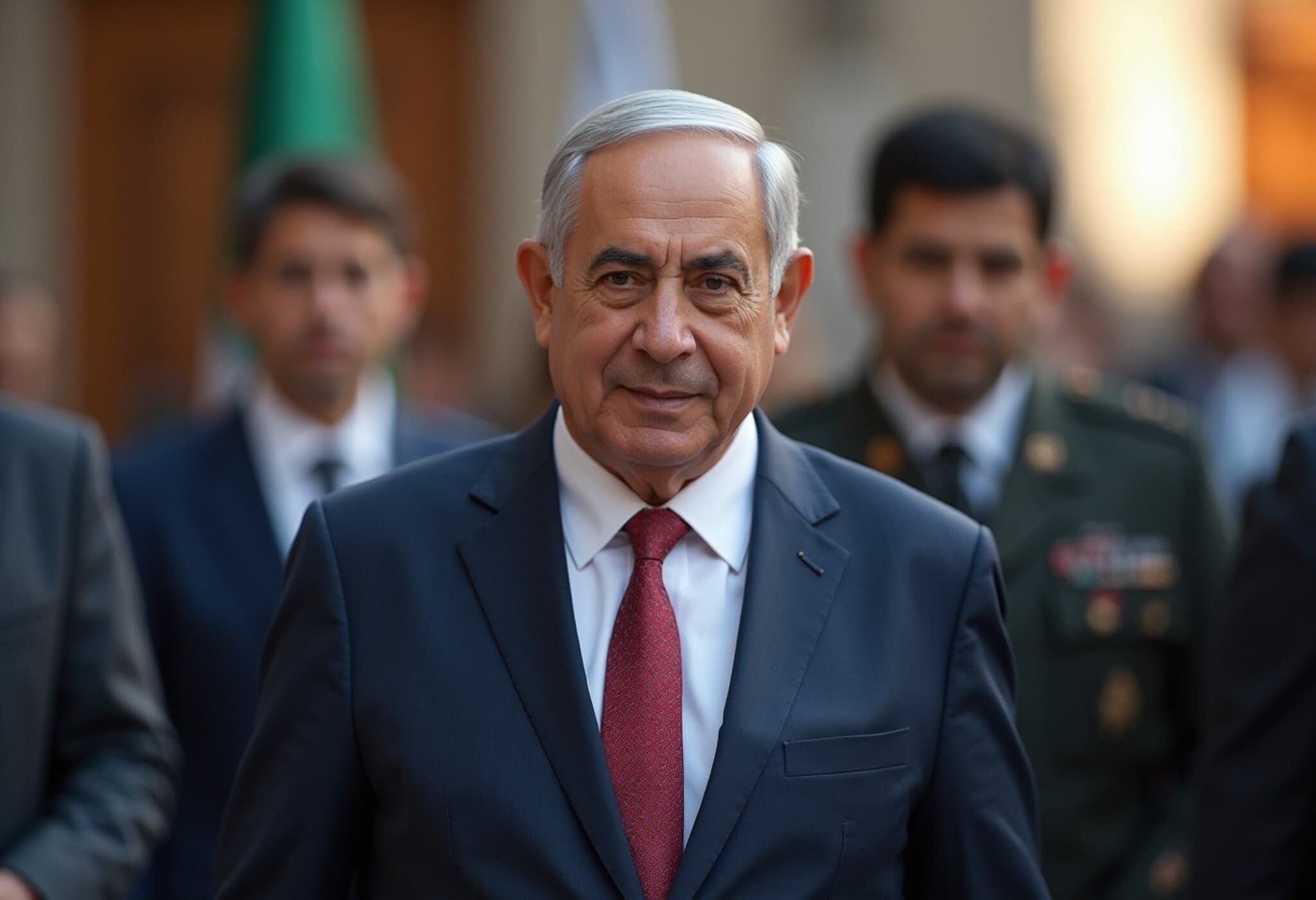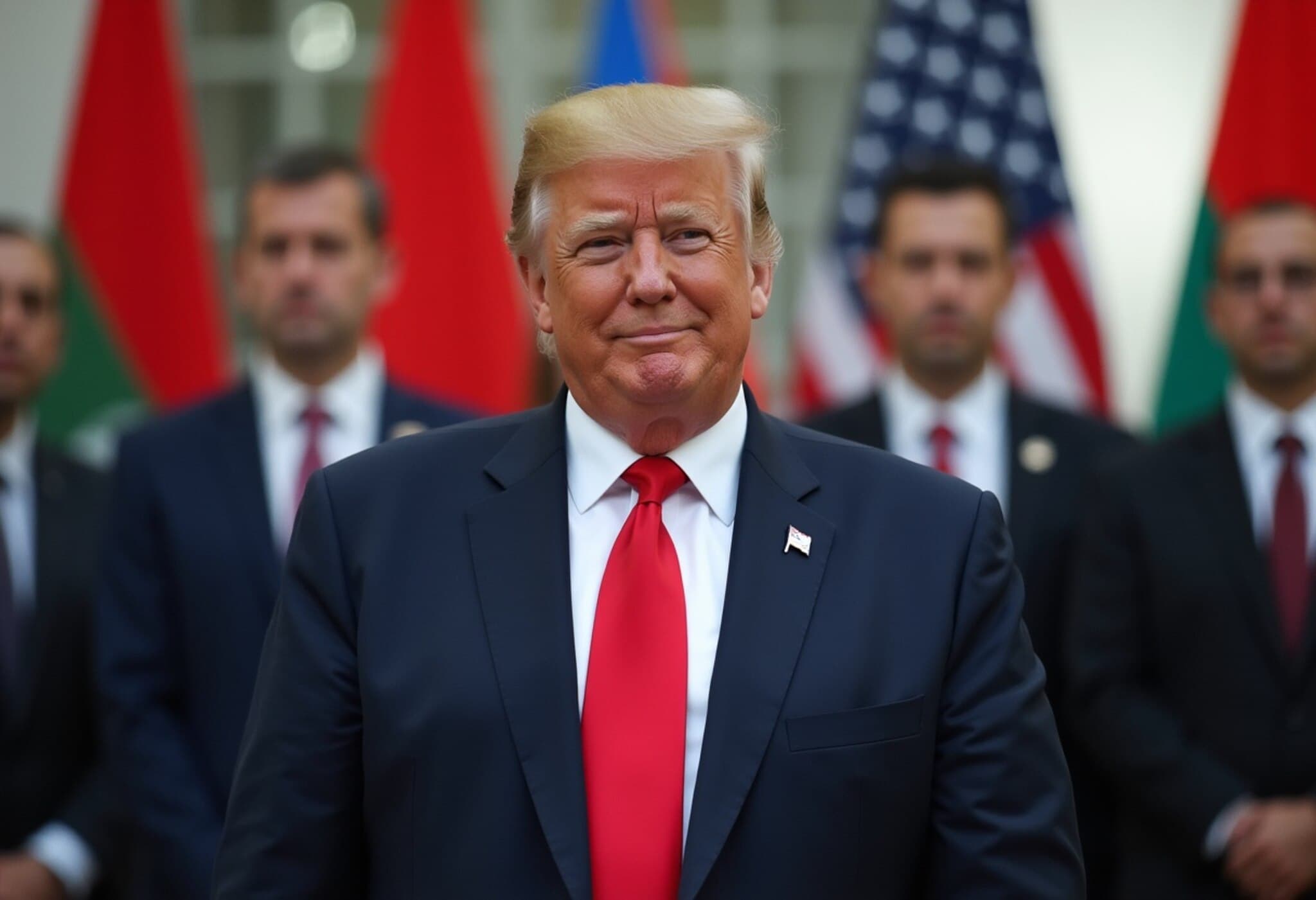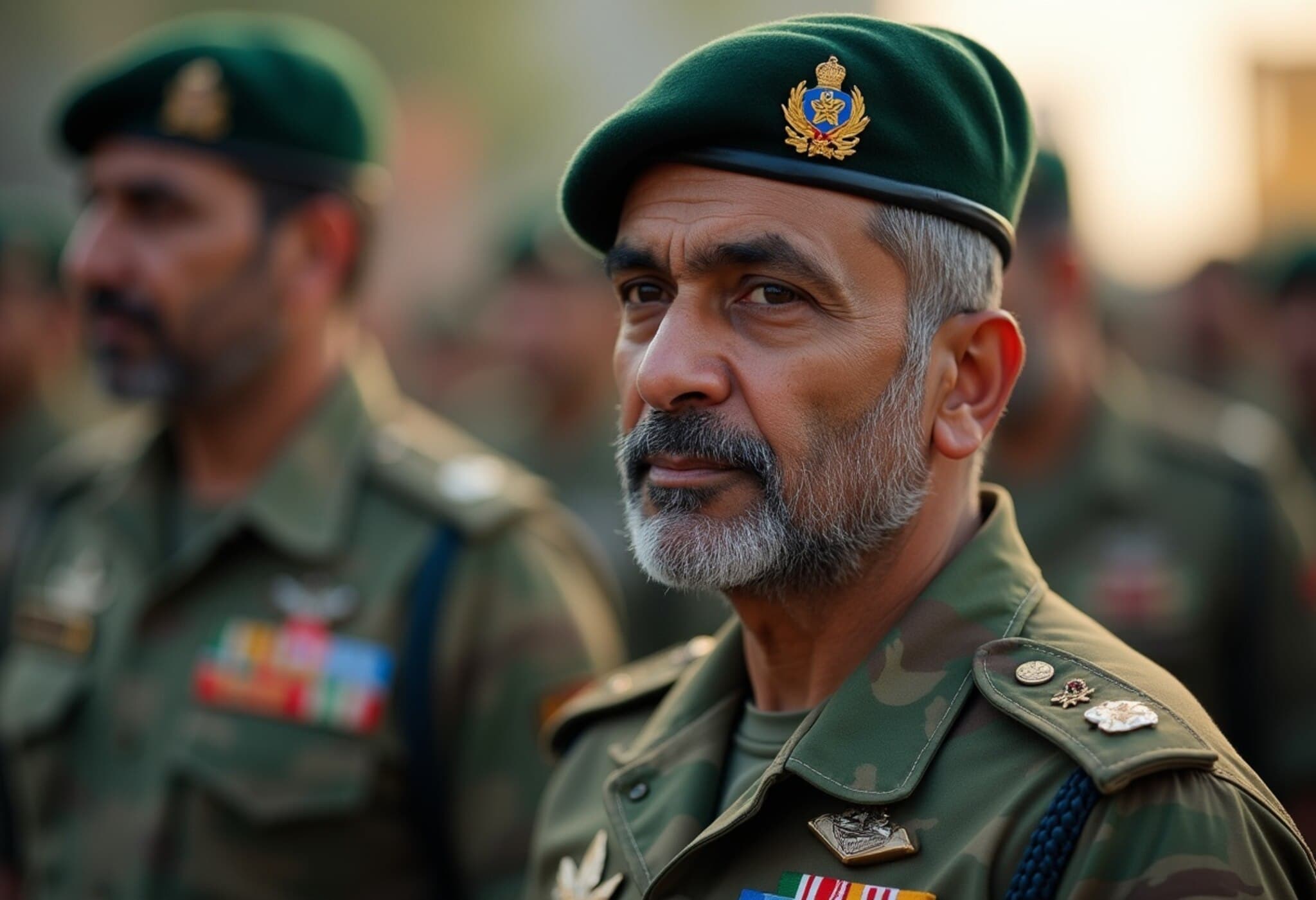Netanyahu Accuses Germany of Rewarding Hamas Amid Arms Export Suspension
In a sharply worded response, Israeli Prime Minister Benjamin Netanyahu criticized Germany’s recent decision to suspend arms exports to Israel, describing it as a move that ultimately empowers Hamas amid the ongoing Gaza conflict.
“Instead of standing behind Israel’s just war against Hamas — the group responsible for the most horrific attack against the Jewish people since the Holocaust — Germany is effectively rewarding terrorism by imposing an arms embargo on Israel,” Netanyahu’s office said in a statement reported by AFP.
Diplomatic Fallout: Netanyahu’s Call with Chancellor Merz
The Israeli premier personally expressed his “disappointment” in a phone call with German Chancellor Friedrich Merz, underlining how critical Germany’s military support remains for Israel’s defense. The move marks a rare crack in the traditionally close defense cooperation between the two nations.
Germany’s Historic Decision Amid Humanitarian Concerns
On August 8, Chancellor Merz announced the suspension of arms exports that could be deployed in the Gaza Strip — the first such public limitation since Germany’s reunification in 1990. This decision reflects intensified public and political pressure within Germany, especially from Merz’s junior coalition partners, to respond to the worsening humanitarian crisis.
Gaza has been facing severe restrictions on essentials like food, water, and medical supplies due to ongoing Israeli military operations aimed at crippling Hamas. While Merz reaffirmed Germany’s support for Israel’s right to defend itself and secure hostage releases, he cautioned that the expanding scope of military action raises serious questions about achieving these aims peacefully.
The Weight of History in Germany-Israel Relations
Germany has been Israel’s second-largest arms supplier after the United States, a role steeped in post-Holocaust responsibility known as “Staatsraison,” or the raison d’état commitment to Israel’s survival and security. This historical backdrop makes the current export suspension an extraordinary pivot, underscoring evolving German public sentiment.
Shifting Public Opinion: A New Chapter in German Policy?
- A recent June poll revealed that 73% of Germans favor tightening controls on arms exports.
- Nearly a third support a full ban on military shipments to Israel amid the Gaza conflict.
This reflects a significant shift from decades of near-unquestioned support, as German citizens grapple with the humanitarian fallout and geopolitical complexities on the ground.
Expert Commentary: The Fine Line Between Security and Morality
From a policy perspective, Germany faces a delicate balancing act. On one hand, its historic duty to support Israel’s security remains integral to both nations’ identities and alliances. On the other, international law and ethical concerns over civilian suffering in Gaza create profound domestic and international pressure for restraint.
Israel’s response suggests a fear that halting arms supplies could tip military advantage toward Hamas, emboldening a group many Western governments classify as terrorist. Critics argue, however, that continuous arms flow without scrutiny might exacerbate violence and hinder peaceful resolutions.
Looking Ahead: What This Means for Transatlantic Relations
The recent developments have sparked debates on whether Germany’s move signals a broader European reluctance to appear complicit in the conflict, potentially reshaping the transatlantic alliance supporting Israel’s defense efforts. Observers will be watching closely to see how the United States and other partners adjust their diplomatic and military postures in response.
Netanyahu’s sharp rebuttal highlights the risks Israel perceives in any disruption of military aid, but Germany’s action reflects the democratic pressures and evolving public conscience within Western Europe — a dynamic likely to persist as the Gaza crisis unfolds.
Editor’s Note
Germany’s decision to halt arms exports to Israel amid intense pressure over Gaza adds new layers to a complex geopolitical and ethical puzzle. The episode provokes critical questions about how democratic nations reconcile historical obligations with contemporary human rights concerns. It also challenges Israel’s strategic calculus in confronting Hamas while managing fraught alliances.
As the conflict deepens, the international community faces an urgent imperative: to support genuine security goals without inadvertently enabling cycles of violence. Observers and policymakers alike should watch for how these tensions influence future defense collaborations and peace prospects in the Middle East.


